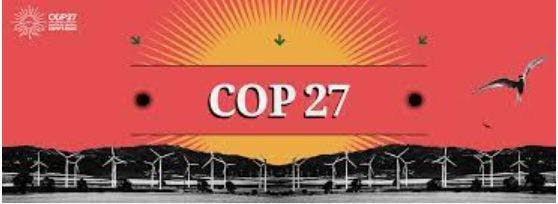278 reads
COP27 - Action Not Words
by
October 18th, 2022
Audio Presented by
Journalist, Broadcaster, Chair, MC, Blockchain Enthusiast, Diversity Advocate, Dreamer
About Author
Journalist, Broadcaster, Chair, MC, Blockchain Enthusiast, Diversity Advocate, Dreamer
